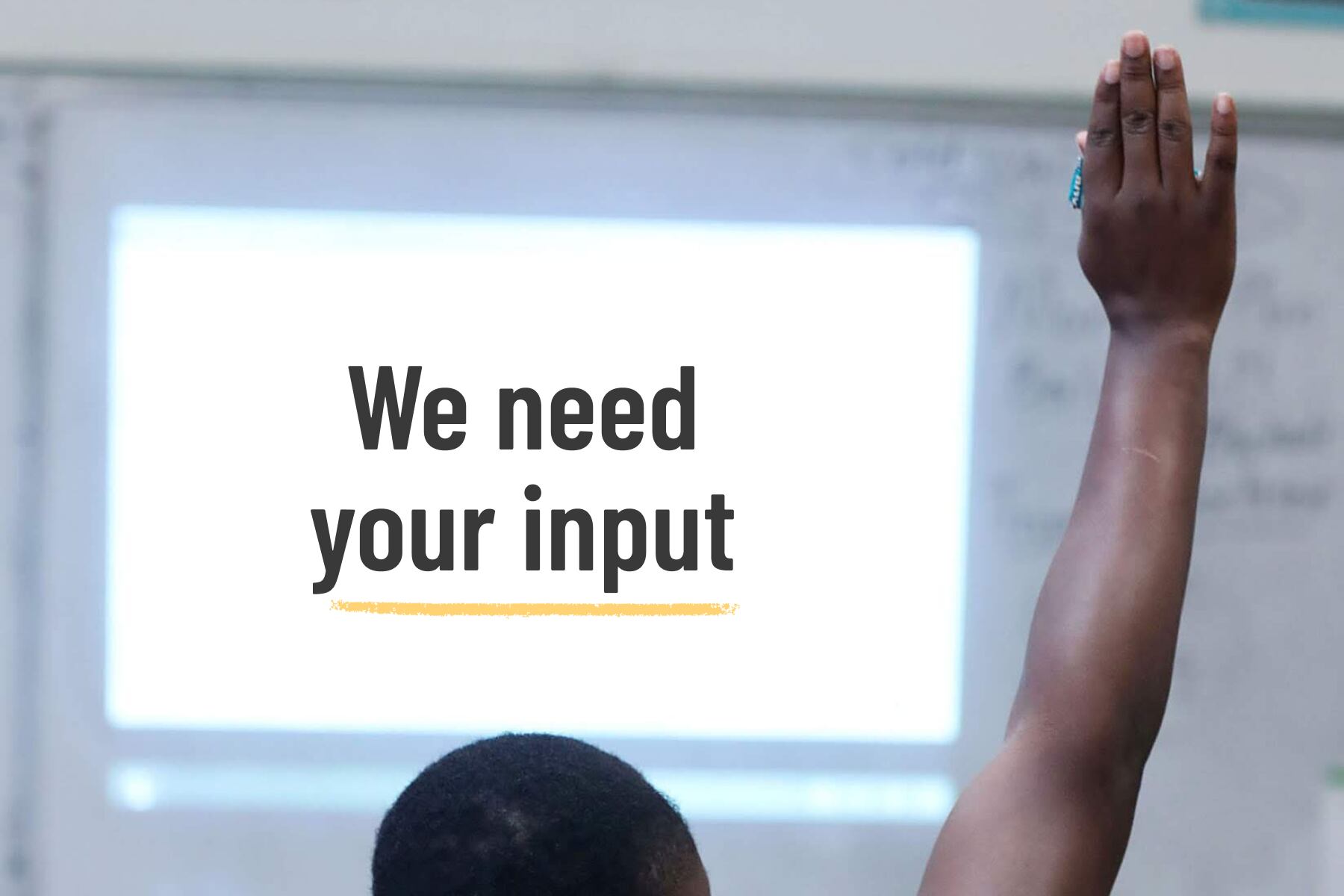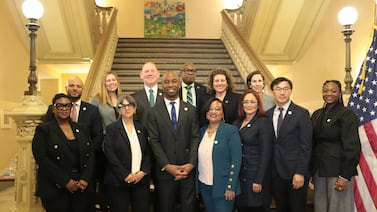Michigan teachers would be limited in what they could teach about how race and racism have shaped American history under Republican-backed legislation that critics worry will have a chilling effect on classroom discussions.
If enacted, districts that teach critical race theory or material from The 1619 Project would lose 5% of their funding. Critical race theory delves into race relations in the U.S. and how racism, bias, and historic inequities influence people and policies. The 1619 Project is a New York Times initiative that puts Black history and the consequences of slavery at the center of the U.S. national narrative.
Schools could also lose funding if students are “directed… to personally affirm” what the bill describes as “anti-American” and “racist” theories, such as that any race is inherently superior or inferior to another race, or that the U.S. is a fundamentally racist country.”
The fate of the legislation remains unclear. The Michigan legislature is controlled by Republicans, but Gov. Gretchen Whitmer is a Democrat.
Chalkbeat wants to hear from Michigan teachers: How will this legislation affect you? What are your most pressing questions and concerns? Let us know in the survey below.
To read the text of the bill, go here.
If you are having trouble viewing this form on mobile, go here.





